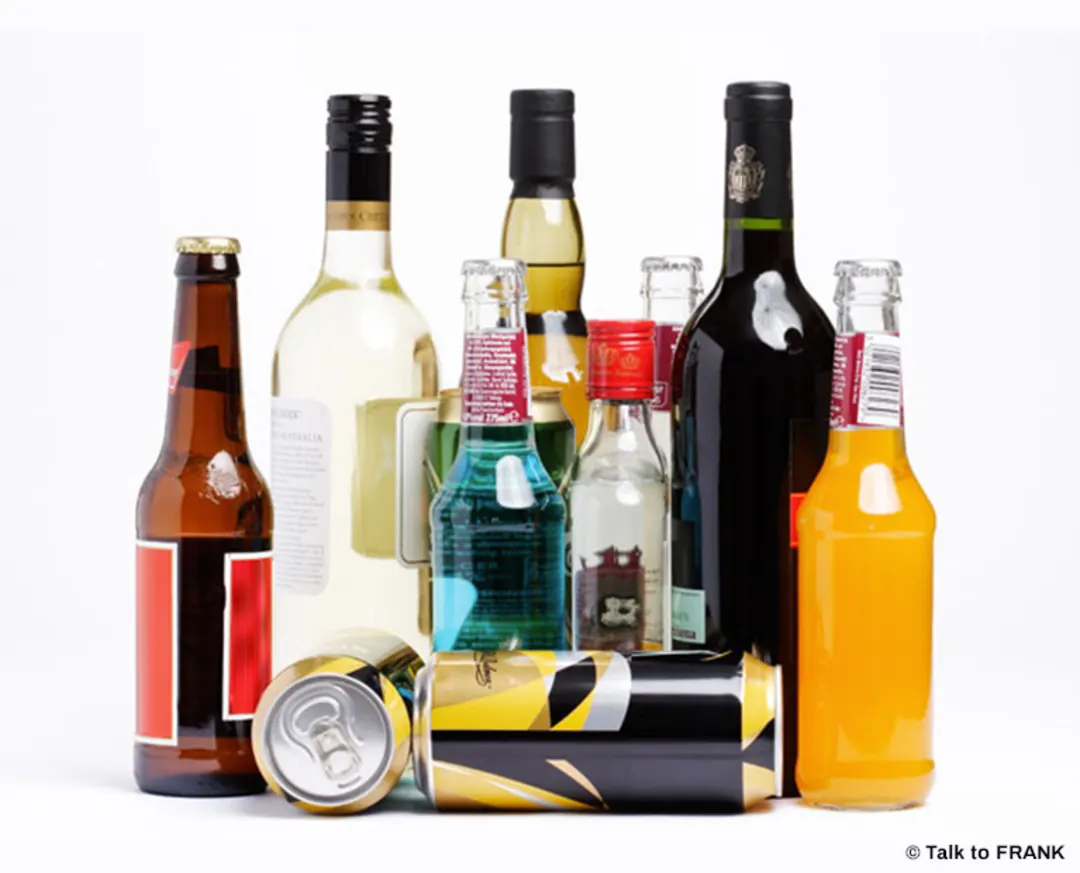Tech
Big Tech’s race for AGI heats up as OpenAI raises $6.6 billion. OpenAI has secured $6.6 billion in new funding, pushing its valuation to $157 billion, with a goal of reaching $11 billion in sales by next year. D.A. Davidson’s Gil Luria sees this target as achievable, but calls the company’s $100 billion sales aim by 2029 “fantastical.” He highlights that the race for artificial general intelligence (AGI) is driving heavy investments across tech giants, as “nobody wants to be second.” While OpenAI leads in AI tools, the real competition lies in being first to achieve AGI, which promises transformative enterprise and consumer applications.
Google Must Open Up Android to Third-Party Stores
A judge has ruled that Google’s Android app store is an illegal monopoly, ordering the tech giant to open the Google Play Store to third-party stores starting November 2024. For three years, Google must allow rival stores access to its full app catalogue and stop requiring its billing system for in-app purchases. The ruling also bans Google from offering incentives to favour its Play Store. This decision could reshape the Android app marketplace, though it may be paused on appeal.
Musk set to make Tesla’s biggest pitch yet on robotaxis. Tesla is gearing up for its highly anticipated Robotaxi Day, where Elon Musk aims to showcase the company’s future beyond electric cars. Investors are eager for major news on Thursday as Tesla may reveal a robotaxi prototype, offer driverless rides, and discuss its autonomous-driving technology and safety data. Analysts also hope for surprises, like the debut of a lower-priced vehicle, potentially the Model 2. With Americans driving 3.2 trillion miles annually, the potential for autonomous driving could unlock vast opportunities and billions in revenue for Tesla.
Business
US stocks dipped on Monday as the 10-year Treasury yield surged past 4% for the first time since August, ahead of crucial inflation data and the start of earnings season. The Dow Jones dropped 0.9%, about 400 points, following last week’s record high. The S&P 500 fell nearly 1%, and the Nasdaq dropped 1.2%, led lower by Big Tech stocks.
US job market surprises with strong September gains. The US job market experienced a surprising boost in September, with employers adding 254,000 jobs—significantly higher than the anticipated 150,000. The unemployment rate also improved, dropping from 4.2% to 4.1%, marking the strongest gain since March, according to the Labor Department. President Joe Biden welcomed the report as a positive sign for the economy, especially ahead of the upcoming presidential election, providing voters with encouraging news amid concerns of a potential downturn.
FTX’s $16 billion liquidation plan gets court approval. FTX secured court approval on Monday for its bankruptcy plan, allowing the crypto exchange to repay customers with $16 billion in recovered assets. U.S. Bankruptcy Judge John Dorsey praised the plan, calling it a “model case” for managing complex Chapter 11 proceedings during a hearing in Wilmington, Delaware.
Uber adds $200 South African safari to its Go Anywhere programme. Uber is now offering a $200 wildlife safari in partnership with Aquila Private Game Reserve, available through its Go Anywhere programme. The excursion, departing from Cape Town, covers up to four people and adds a unique adventure to the city’s scenic offerings. Visitors can now experience South Africa’s wildlife affordably and conveniently, further enhancing the attractions in one of the world’s most beautiful cities.
Spirit Airlines stock takes a hit amid bankruptcy talks. Spirit Airlines shares plunged on Friday following a report from The Wall Street Journal indicating that the ultra-low-cost carrier is in discussions with bondholders and creditors regarding a potential bankruptcy filing. The airline is also considering an “out-of-court transaction” for restructuring, according to the report. This unsettling news follows the termination of Spirit’s $3.8 billion merger with JetBlue Airways earlier this year due to regulatory challenges, raising further concerns about the carrier’s financial stability.
Nature & Space
Something Huge is Shifting Deep Inside the Moon
A recent study by NASA and the University of Arizona reveals a layer of low-viscosity goo lying between the Moon’s rugged mantle and its metal core. This goo experiences rises and falls beneath the lunar surface, driven by the gravitational influence of the Earth and Sun, similar to how the Moon creates tides on Earth. The research, published in AGU Advances, marks the first measurement of the Moon’s yearly gravity changes due to tides and supports long-standing theories about the Moon’s composition while raising intriguing questions about the origin, composition, and thermal state of this mysterious layer.
NASA’s Hera spacecraft set for asteroid mission after successful deflection test. NASA’s Hera spacecraft has launched from Cape Canaveral, Florida, embarking on a mission to study Dimorphos, the asteroid that was intentionally deflected in 2022. Scheduled to arrive in December 2026, Hera will investigate the impact crater created by NASA’s previous Double Asteroid Redirection Test (DART), which successfully altered Dimorphos’s trajectory by a few meters. As part of this European Space Agency mission, Hera will also deploy two cube-shaped probes to analyse the asteroid’s composition and mass, helping determine strategies for future asteroid deflection efforts.
Science and Health
Nobel Prize 2024: Groundbreaking Discovery of MicroRNAs in Medicine
American scientists Victor Ambros and Gary Ruvkun have been awarded the 2024 Nobel Prize in Physiology or Medicine for their pioneering discovery of microRNAs. These tiny molecules have been linked to various health issues, including heart disease, numerous cancers, and viral infections. Like mutations in genes, changes in microRNAs can lead to disease, making their repair or replacement vital for future treatments. Ambros and Ruvkun revealed that these small molecules can significantly regulate protein production, which is essential for countless human functions, from breathing to cognition.
Ancient microbes found in 2-billion-year-old rock. Scientists have uncovered the oldest known living microbes, residing in a sealed rock fracture nearly 50 feet below the surface in South Africa’s Bushveld Igneous Complex. This remarkable finding, detailed in the journal Microbial Ecology, reveals microbes that are 1.9 billion years older than the previous record-holders, offering insights into the early stages of life on Earth and potential implications for life on Mars. The research was conducted by a team from the University of Tokyo’s Department of Earth and Planetary Sciences, who previously identified the earlier record in 2020.
Scientists create super golden lettuce packed with vitamin A. A research team has made a breakthrough in biofortification, developing a method that significantly increases the beta-carotene content in lettuce and other green plants, enhancing their nutritional value. By employing advanced biotechnological techniques and high-intensity light treatments, the researchers have multiplied beta-carotene levels by up to 30 times without disrupting essential processes like photosynthesis. Their findings, published in the Plant Journal, highlight the potential of beta-carotene—an important carotenoid known for its antioxidant and cognitive-enhancing properties—as a key precursor to vitamin A, crucial for vision, immune function, and overall health.
Entertainment & Lifestyle
Taylor Swift crowned richest female musician with $1.6 billion fortune. Taylor Swift has officially become the richest female musician, boasting an estimated net worth of $1.6 billion, as reported by Forbes. The “Untouchable” singer has surpassed Rihanna, who has a net worth of $1.4 billion. Swift’s impressive wealth is fueled by her unstoppable Eras Tour, projected to generate around $600 million in royalties and touring, alongside her music catalogue valued at over $600 million and real estate holdings estimated at $125 million.




